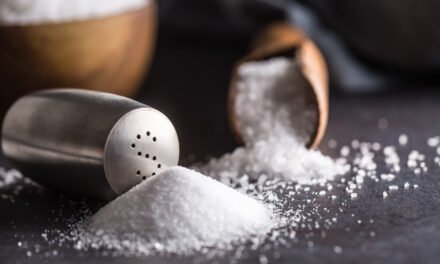Invisible Postnatal Complication: Kidney Stone
For Women, Pregnancy brings numerous physical changes, many unexpected health issues creates in the postpartum period and in that health issues one is the Kidney Stone Formation that is often unnoticed. In fact it is not so much widely discussed topic after delivery but kidney stones can cause significant discomfort and complications for new mothers during an already physically demanding time.
Kidney Stones
It is a hard mineral component and salt deposits that form in the kidneys is called kidney stones. It formed when the urine becomes intensive and permits minerals like calcium, oxalate, and uric acid to harden and stick together. In Pregnancy time and after delivery, hormonal shifts, dehydration, and dietary changes can increase the risk of stone formation.
Kidney Stones effect After Pregnancy
Postpartum women may be more prone to kidney stones due to several factors:
- Hormonal changes affecting calcium metabolism and urine composition
- Reduced fluid intake during breastfeeding or postpartum recovery
- Immobility or reduced physical activity during recovery
- Use of calcium supplements, which may increase calcium levels in urine
Additionally, the expanding uterus during pregnancy can sometimes lead to urinary tract obstruction, which affects kidney drainage and may contribute to stone formation.
Symptoms to Watch For
Symptoms of kidney stones can be sudden and severe. Common signs include:
- Sharp pain in the lower back or side
- Pain during urination
- Nausea or vomiting
- Blood in urine
- Frequent urge to urinate
Because these symptoms may overlap with other postnatal discomforts, kidney stones can sometimes be misdiagnosed or ignored.
Diagnosis and Treatment
Ultrasound and urine tests are commonly used to detect kidney stones, especially in breastfeeding mothers, as they avoid exposure to radiation. Treatment options depend on the size and type of the stone. Small stones may pass naturally with increased fluid intake and pain management, while larger stones may require medical intervention such as shock wave therapy or surgical removal.
Prevention Tips
- Stay well-hydrated, especially when breastfeeding
- Limit intake of high-oxalate foods like spinach and nuts
- Monitor calcium supplementation under medical advice
- Maintain a balanced diet low in salt and animal protein
Disclaimer:
This article is for informational purposes only and does not substitute medical advice. Always consult a qualified healthcare professional if you experience symptoms of kidney stones or any health issues after pregnancy.
Also Read: Iron Deficiency Anemia in Pregnancy: Causes, Consequences, and Care










